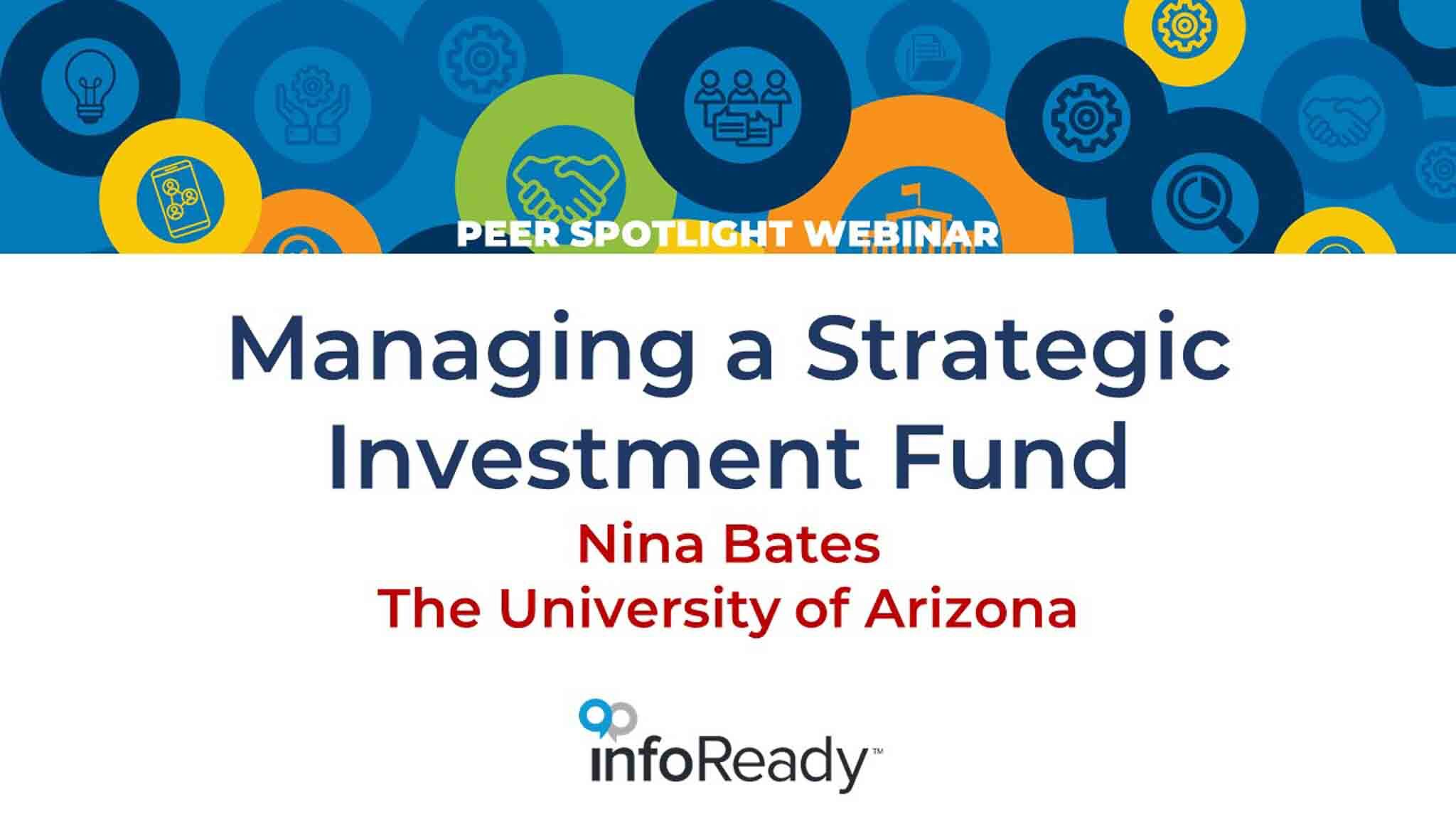Mike Hicks, Grant Coordinator for the College of Liberal Arts (CLA) at Purdue University, was gracious enough to share how InfoReady impacts his daily work.
1) Introduce yourself, describe a program or opportunity you are managing in InfoReady.
Name: Mike Hicks
Role: Grant Coordinator for the College of Liberal Arts at Purdue University.
Programs managed in InfoReady:
- Conference travel and research for both faculty and grad students, called ASPIRE and PROMISE respectively.
- Tiered grants, so they come in different amounts for domestic travel/research versus international endeavors.
- Tiers are slightly more for faculty, and each of CLA’s 10 departments gets an allocation for the fiscal year.
2) Why is the program important and how does it impact your institution?
The goal of the ASPIRE program is to supplement existing departmental travel funds, faculty start-up funds or other research funds in order to increase those opportunities for our faculty. PROMISE promotes research opportunities to maximize innovation and scholarly excellence in graduate education.3) What are 3 ways that InfoReady has helped manage the process?
- Faculty are required to get approval from their department head and the Associate Dean for Research, and students need approval from their Advisor, Grad Director, and the ADR. (InfoReady note: Mike accomplishes this using Applicant-Driven Routing Steps.)
- We track who asked, how much they requested, when, and whether they were approved. If they are not approved, we note why not.
- We are able to generate reports from every competition we put in InfoReady. For most programs we are able to generate spreadsheets for ratings and rankings.
BONUS: InfoReady Support Team
In addition to all the great features offered by InfoReady, their support team has been invaluable to me as the main creator of competitions in the system.
Answers to my questions are always quick and thorough. I can’t get over how fully the team has learned their tool and how well they can teach on the fly!
InfoReady is one of the most user-friendly tools I’ve had the pleasure to learn. I’m still learning, too… 😊
Ready to learn more about InfoReady?




